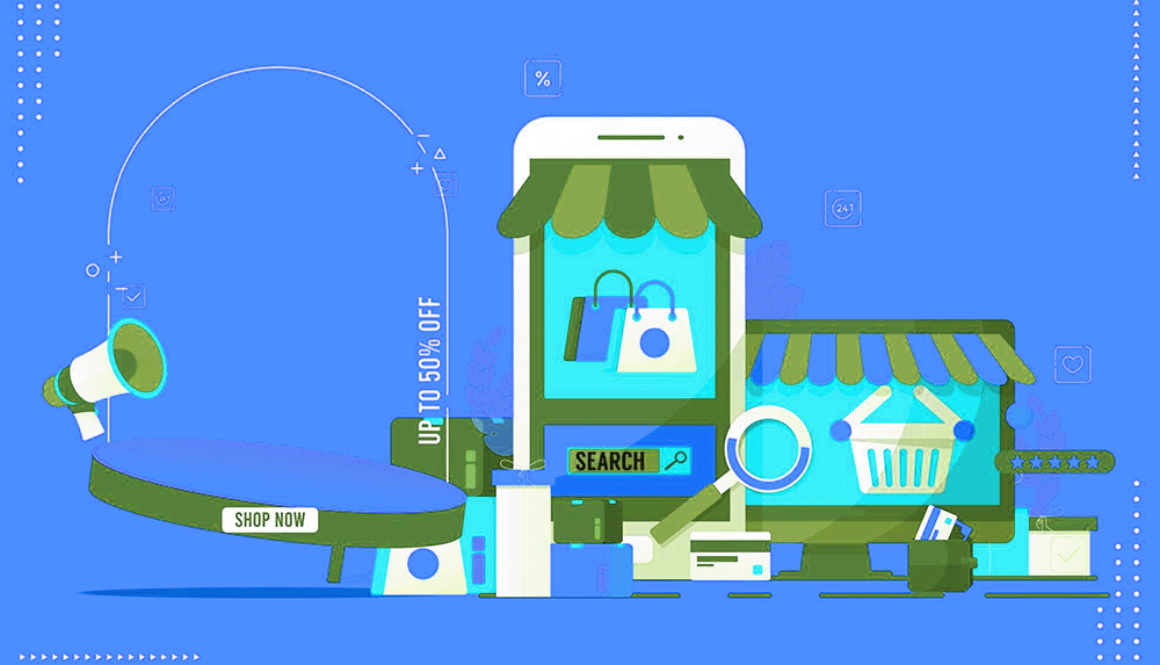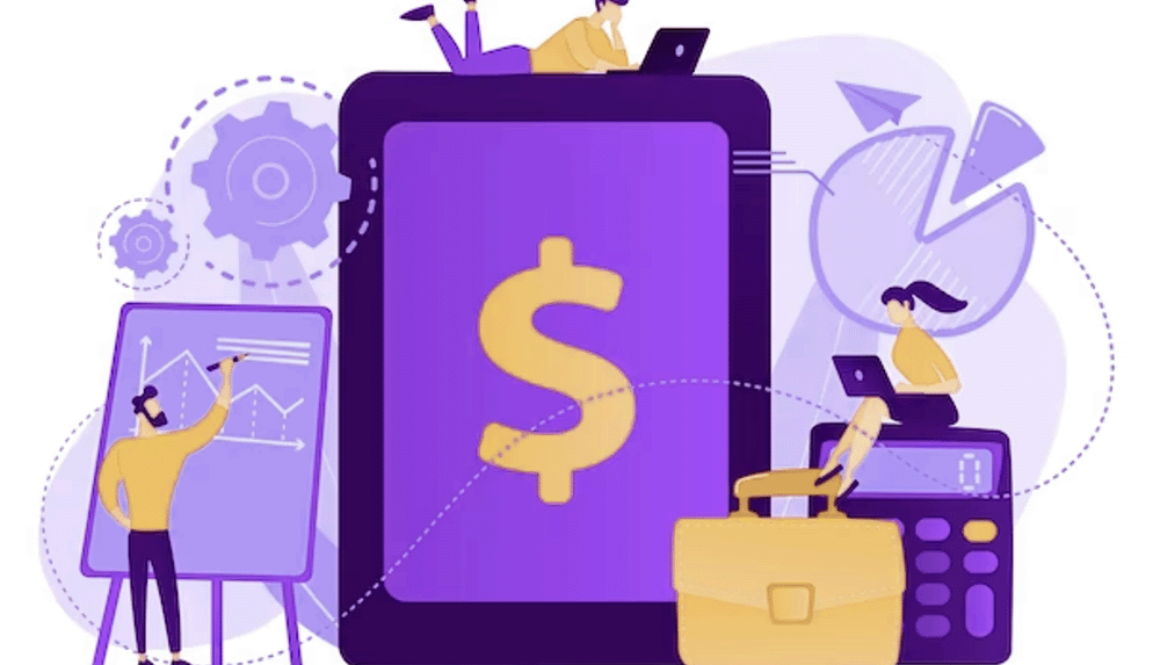The Real Cost of App Development and the Key Advantage You Need to Know About
The cost of developing a mobile app solution will not be the same for every industry and individual business. The costs greatly depend on several factors. When you understand these factors, you will be better positioned to estimate the required budget and resources accurately. While some factors may seem obvious, others can be easily overlooked, leading to underestimating the real cost.











